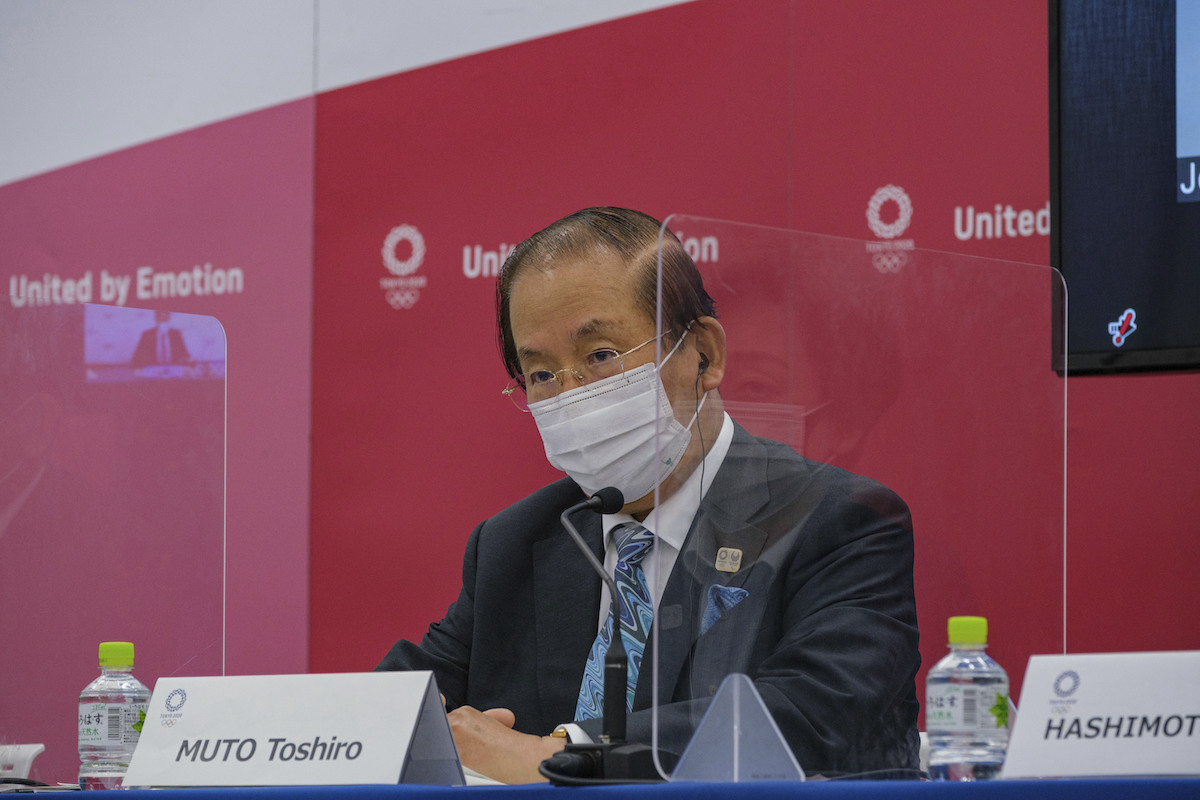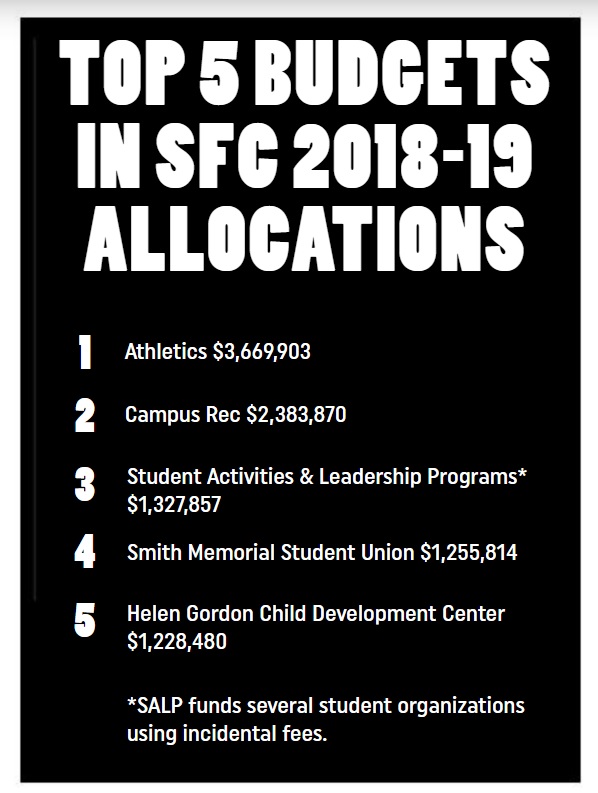One of Japan’s largest newspapers, The Asahi Shimbun, published an editorial on Wednesday, May 26 calling on Prime Minister Yoshihide Suga to reconsider holding the Tokyo Olympics, which is set to commence in less than two months despite rising COVID-19 cases and public opposition.
“It is simply beyond reason to hold the Tokyo Olympics and Paralympics this summer,” the editorial stated. “The present situation is nowhere close to making anyone feel safe, and that’s the unfortunate reality.”
This followed a survey done by the publication that found 83% of respondents said the Tokyo Olympics should be postponed or scrapped.
With less than 2% of the population fully vaccinated as of May 24, physicians like Naoto Ueyama, the chairman of the Japan Doctors Union, have warned against holding the Olympics.
“I don’t think they should go ahead while pushing many people into danger or calling on many people to make sacrifices in regard to their lives in order for them to take place,” Ueyama said.
With many of Japan’s prefectures already in a state of emergency, Ueyama stressed the Olympics will further strain Japan’s medical system and possibly introduce new variants of the virus into the Japanese population.
Meanwhile, the International Olympic Committee (IOC) remains resolute in going forward with the games. “The advice we have from the [World Health Organization] and all other scientific and medical advice that we have is that—all the measures we have outlined, all of those measures that we are undertaking are satisfactory and will ensure a safe and secure games in terms of health…and that’s the case whether there is a state of emergency or not,” said John Coates, the chairman of the coordination commission.
Similarly, in an interview conducted by CNN, IOC president Thomas Bach echoed that the committee has “put in place comprehensive [COVID-19] countermeasures to ensure that the athletes of the world can come together in a safe environment for everyone.”
In a statement aimed at reassuring the public of Japan, President of the Tokyo Olympic organizing committee Seiko Hashimoto expressed that “230 physicians and 310 nurses would be needed daily, and said about 30 hospitals in Tokyo and outside were contacted about caring for Olympic patients.” However, her statement only supports Ueyama’s concerns that the games would burden Japan’s medical system.
Unconvinced by the safety measures taken by organizers, 6,000 members from the Tokyo Medical Practitioners’ Association demanded the Olympic games be canceled in a letter addressed to the Prime Minister, as reported by AP News. The letter states, “We believe the correct choice is to cancel an event that has the possibility of increasing the numbers of infected people and deaths.”
The New England Journal of Medicine also claimed “the IOC’s determination to proceed with the Olympic Games is not informed by the best scientific evidence…[t]he IOC’s playbooks are not built on scientifically rigorous risk assessment, and they fail to consider the ways in which exposure occurs, the factors that contribute to exposure, and which participants may be at highest risk.”
Undeterred by the pressures to cancel, the IOC is determined to move forward with the games. Even if the host city wanted to cancel, the contract between the IOC and host city “only gives the option for the IOC to cancel, not for the host city.”
“The Olympics are the biggest sporting event on the calendar,” said Professor Jack Anderson, a sports law expert, in a statement to BBC. “There are billions at stake for Japan and the IOC in terms of broadcasting sponsorship. It is a huge event, and there are huge contractual obligations for all sides. It’s probably safe to say that if the Tokyo Olympics is cancelled, it would probably be the biggest insurance pay-out event of its kind, there’s no question about that.”






